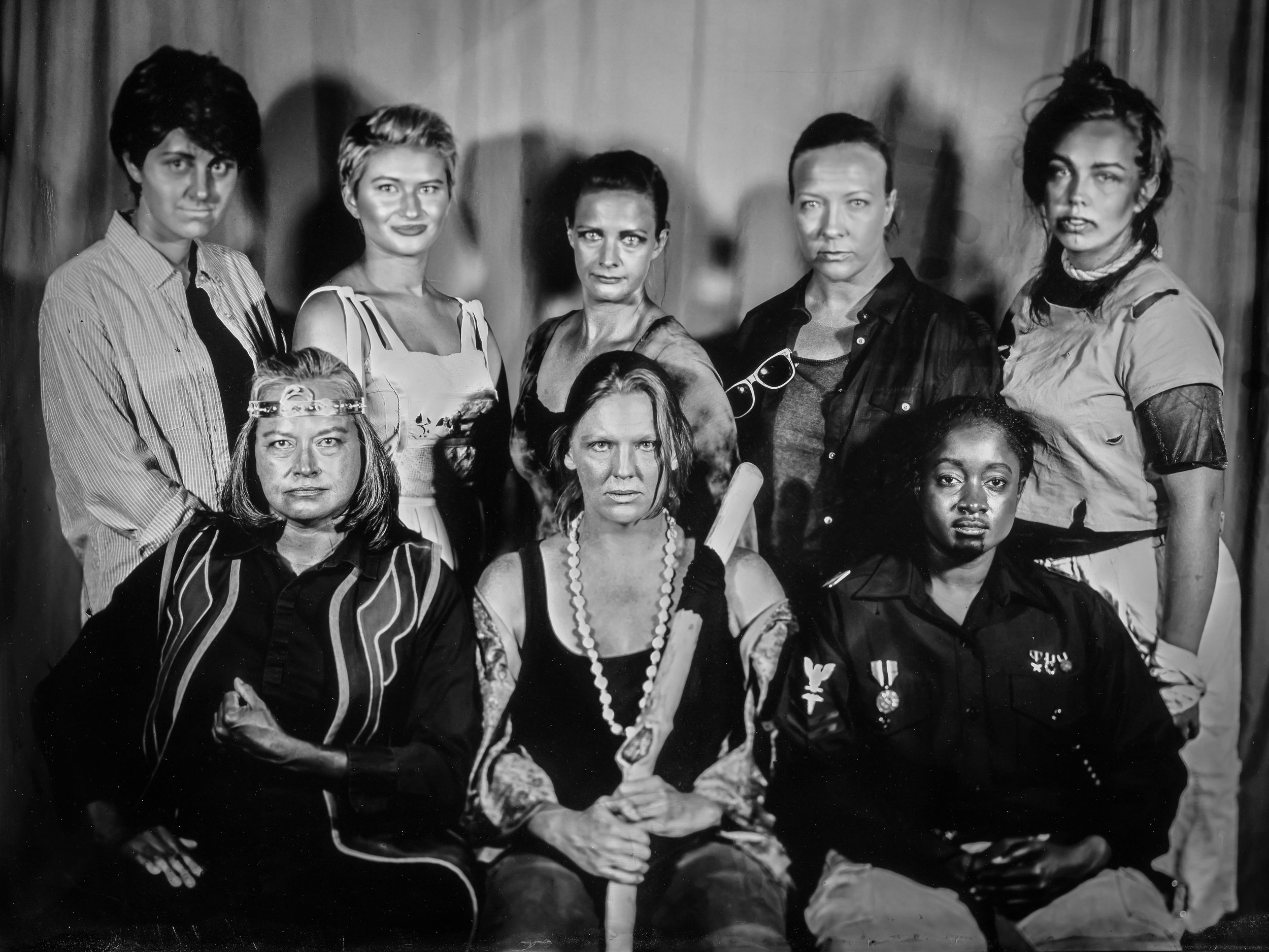Janus Theatre Company celebrates its 25th anniversary by producing Gross Indecency: The Three Trials of Oscar Wilde by Moises Kaufman, The Maids by Jean Genet, and The Revolutionists by Lauren Gunderson for its 2023 mainstage season at the Elgin Art Showcase.
Each play takes on a different aspect of this year’s theme - RESISTANCE, REBELLION, REVOLUTION – and features prominent figures from the past brought to life for today’s audience, while reflecting on the time we live in, where ideas and expressions must be defended.
Gross Indecency is about the trials of Oscar Wilde at the height of his fame during the Victorian Age, a repressive time when his ideas and sexuality were condemned. He resisted these claims with wit, humor, and intelligence before being imprisoned.
The Maids deals with two domestic workers, deeply resentful of their inferior social position, and how they rebel against their employer. Based on true events, this story is a reminder about what happens when people are left behind in a society driven by materialism and status.
The Revolutionists is a story about four historical women - playwright Olympe de Gouges, assassin Charlotte Corday, Marie Antoinette, and Haitian rebel Marianne Angelle – set during the French Revolution’s Reign of Terror. This irreverent, women-powered comedy deals with their struggle during a revelation, and their trip to the guillotine.
This year we’re presenting stories from the past revealing how far we’ve come as a civilization, but also how much more we need to do when it concerns our beliefs and ideas in a free society.
We plan on producing theater that will entertain, possibly enlighten, make people laugh, have them feel, and maybe inspire them to learn more about these historical figures and how they relate to us today.




